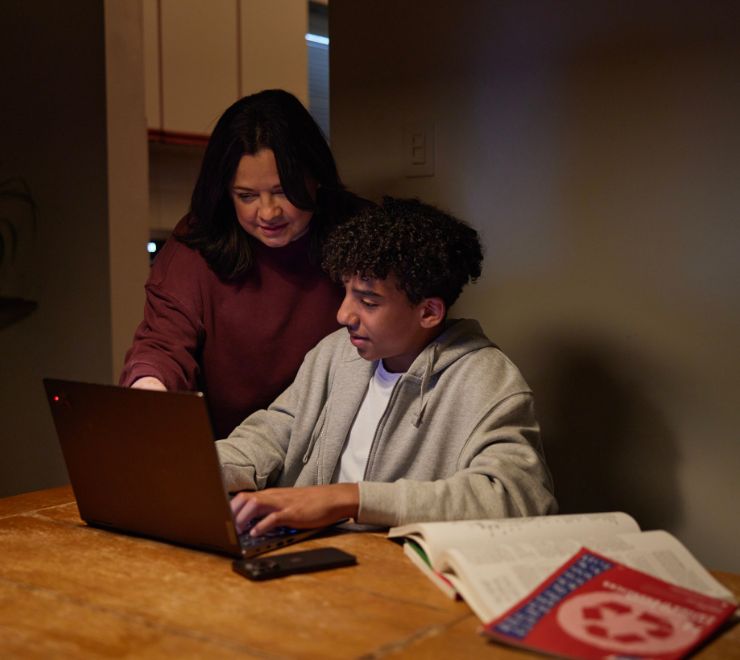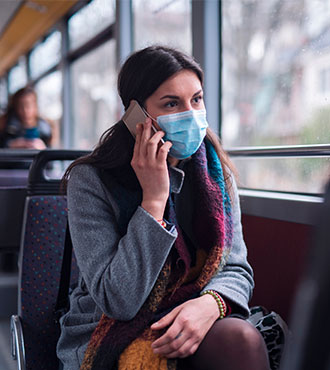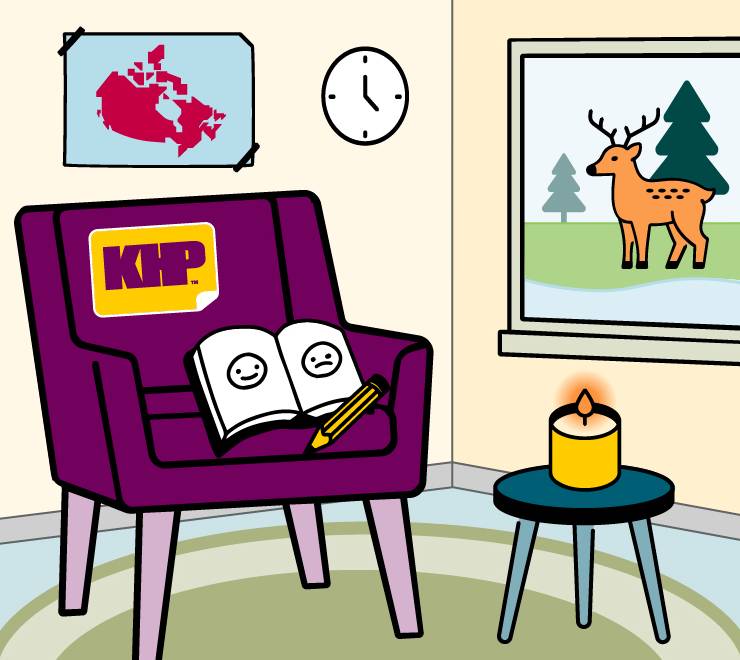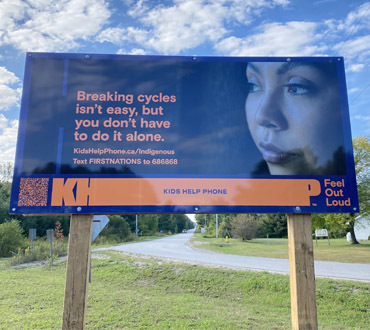If you’re experiencing bullying, it’s important to remember that it’s never your fault and that there are things you can do to address it.
Being the target of bullying can be hurtful, scary and isolating. Even though it’s difficult, remember: you’re not alone, and there are ways you can keep bullying out of your life. You can check out the video below for a tip from a Kids Help Phone National Youth Council member on how to cope with bullying. If you keep reading, you’ll also discover more things you can do to address bullying.
One tip you can try in regards to coping with bullying is to reach out to someone, seek support and to talk with someone in regards to your feelings and what you’re experiencing, whether that be someone you trust or someone through a resource like Kids Help Phone.
• Stay safe: Keeping yourself physically and emotionally safe is the most important thing to do if you’re experiencing bullying. This could mean avoiding certain people and situations as much as possible, turning off social media and surrounding yourself with people you trust. If you need help coming up with a safety plan, you can always contact Kids Help Phone at 1-800-668-6868.
• Report it: By speaking up about bullying, you’re protecting yourself and maybe even others. You can report the harassment at your school by following its bullying prevention policy or by talking to the office staff. If the behaviour is happening outside of school, you can contact the emergency services in your area. If you don’t feel comfortable reporting what’s going on, you can talk to a parent, caregiver, teacher or other safe adult for support and advice. It’s also a good idea to keep a record of any bullying incidents, by saving texts or taking screenshots of abusive posts. You should also keep a record of what is happening, including when and where. This will help you prepare for any information you may be asked for when reporting the bullying.
• Get support: Having friends and family as support can help you feel better while you’re experiencing bullying. Talk to people you feel you can open up to and don’t be afraid to ask for help. If you feel embarrassed to let your friends and family know that you’re experiencing bullying, try to keep in mind that many young people disapprove of bullying and will likely be on your side.
• Take care of yourself: Bullying can be stressful and harmful — you may begin to believe the negative comments or think that you deserve the abuse. Remember that bullying is not your fault, it’s not OK and it’s important to be kind to yourself. Eating right, getting enough rest and being active and social will help you stay positive. Keeping a journal is also a great way to get your thoughts and feelings out.



















